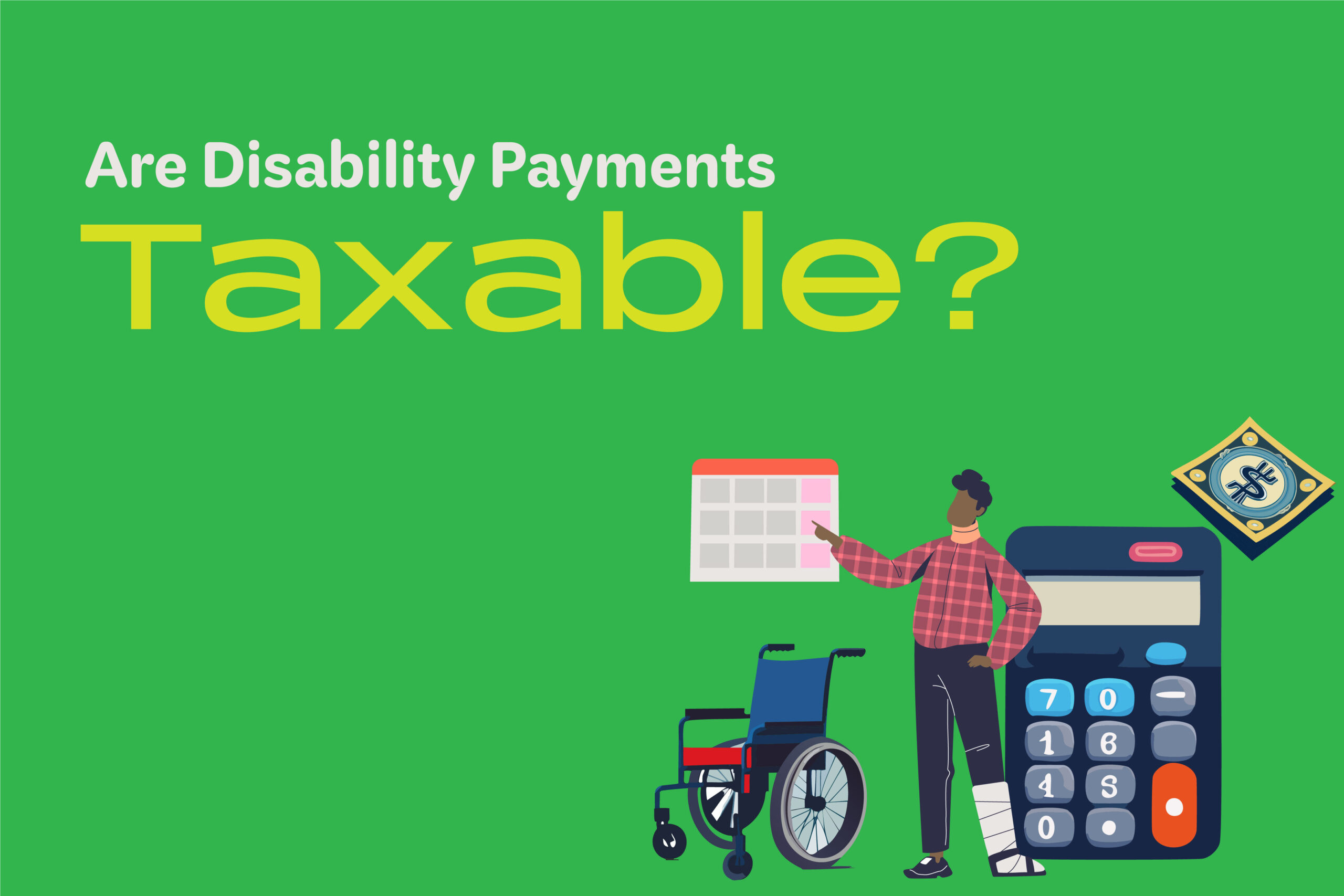Careful. Some or all of your disability payments just might be includable in your taxable income.
We have all seen or heard the advertisements on television, radio, and the internet. “If you have been injured in an accident, call the Law Offices of Dewey, Cheatem and How.” (Pronounce slowly and you will get it.) “And we will get a trillion dollars in settlement. Trust Us!” So maybe I overstated that a tad, but you get the idea.
A Fresh Perspective on Taxable Disability Payments
No one wants to pay taxes. Duh! Did you know the basic premise of taxation is that everything is income unless specifically excluded? It turns out Congress, in its infinite lack of wisdom, has always viewed any form of reduction in gross income as a form of government subsidy. Yes, you are reading that correctly. It’s a generous handout from the government so that you will have a lower tax bill. Here’s another way to put it: When a client is sitting in my office listing all their real or semi-real business expenses, I am expected to reduce their gross receipts in order to derive a lower taxable income. What they are asking of me is to be part of a scheme (albeit legal) in which I am helping them obtain a government subsidy.
Pause. Have any of you ever perceived the deduction of the costs of doing business as a foray into a government subsidy? I am going out on a limb and say that unless you are a tax geek, none of you have ever heard of such BS.
What, may you inquisitively inquire, has this to do with disability payments? A good question, therefore, requires a mediocre response. There are two IRC code sections that govern this entire process—Section 104(a)(3) and Section 105(b). I only mention this because the next time you are crafting a large settlement that falls under the category of “disability,” you will find that when you prepare your taxes, depending upon the facts, some or all of the payment(s) just might be includable in your taxable income. Conventional wisdom, therefore, requires that you might want to do the tax research portion before you sign your John Hancock on the dotted line.
Just The Facts, Ma’am. Just The Facts.
Let’s start at the beginning. If you pay for the insurance, as in auto insurance, then you fall under §104, which excludes any and all amounts paid on account of physical injury or sickness. If the taxpayer’s employer pays for the insurance, then the exclusion is governed by §105(b) and that is a more restrictive exclusion. The§105 exclusion is limited to actual reimbursements (or payments) for identified medical care. The §105(b) exclusion only works for payments that a taxpayer can link to identifiable medical care expenses. There is a much larger discussion of what and when an injury or sickness occurred in relation to when such payments are excluded from income. The March 2023 Treasury Report estimates that exclusion represents some $237 billion in foregone revenue in FY23 alone. Of course, this is from the government’s perspective. Which is obviously the opposite of yours and mine.
We Should All Give Thanks For The Generosity of Others
I suggest that, based on the above, you immediately contact your congressperson and thank her or him for so graciously allowing this tax break, subsidy, or whatever it is called. This magnanimous gesture on their part and the sacrifice of income cannot be overstated. I know what you are thinking; I just can’t print it or my editor will break out her nasty red pen and slash this blog to pieces.

